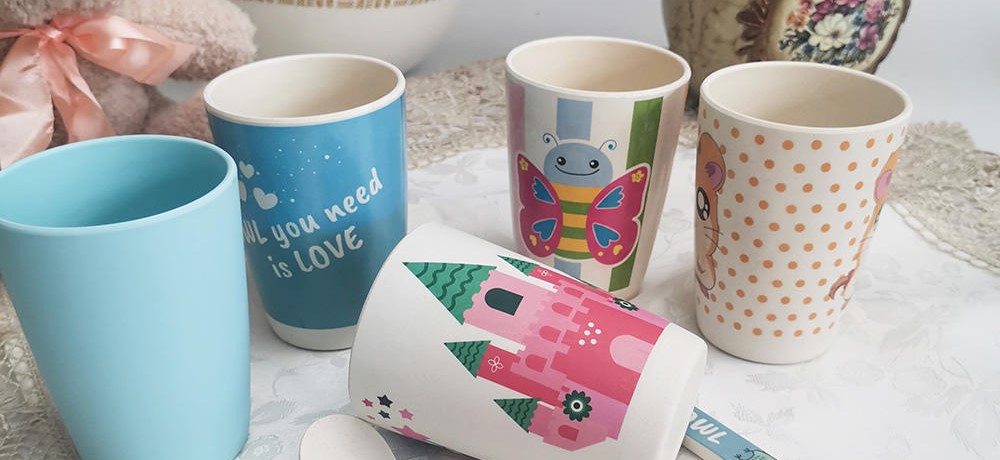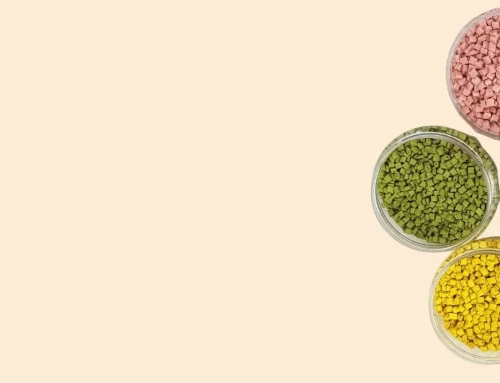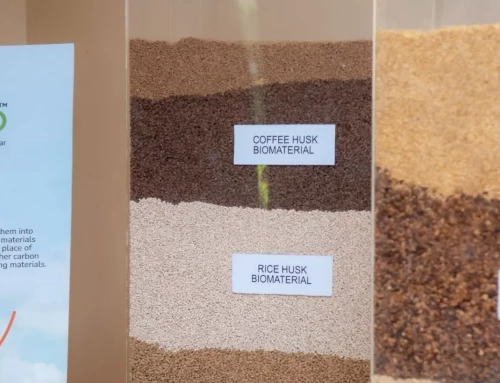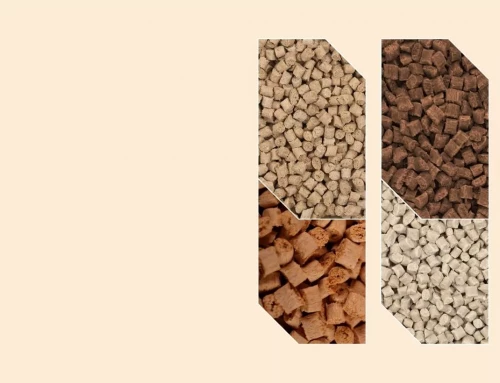Re-useable bamboo melamine cups tested and criticized
German consumer organization finds high levels of melamine and formaldehyde migration from re-useable bamboo-based cups, condemns misleading labeling advertising them as recyclable and eco-friendly
Our Opinion:
Many products labelled as “Bamboo products” use melamine formaldehyde as the binder. The labels on such products are often misleading, with most products not disclosing the presence of melamine formaldehyde. Melamine formaldehyde is known to be carcinogenic, and they leach into the food they come in contact with if the operating temperature is greater than 60 Dec C.
Governments need to ensure companies disclose necessary information of the products. Also, consumers need to be educated with the usage guidelines for melamine based products. Due to lack of consumer awareness, many homes and restaurants use melamine tableware products to serve hot food.
The tittle of reports and news articles published by German media on this subject incorrectly puts the focus on bamboo, and not melamine. The titles lead many readers to believe that bamboo products are harmful, unless they pay attention to the details provided in the article. We had to correct few of our German and European contacts as a result of their misinterpretation of these articles.






